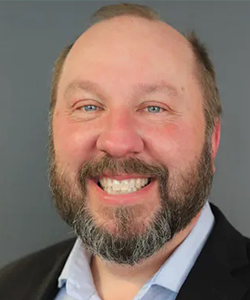
Cognitive Training and Dementia
>>> Important <<<
We are launching ASA's new webinar platform. See how key changes may impact your learning experience here.
Register Now
Includes one complimentary Continuing Education (CE) credit.
Closed captions are available for live and on-demand courses within specific browsers. Click here to see how to access and turn on the browser setting. If you still need to request speech-to-text captioning during this event, please contact us at least 5 business days prior to the live webinar so we may accommodate your needs.
There is evidence that cognitive training tools can help older adults who are healthy or have mild cognitive impairment to improve cognitive health and perhaps their everyday functioning. Studies show some forms of cognitive training may help reduce or delay the development of cognitive impairment and dementia.
This course provides an overview of effective strategies and resources to help health professionals use cognitive training to help build cognitive resilience.
Participants in this webinar will:
- List 6 or more modifiable risk factors for dementia.
- Summarize the types of cognitive training exercises that may help reduce the risk of dementia or improve functioning.
- Identify effective interventions and strategies to employ cognitive training with a special focus on adults ages 45 and older.
- Identify special considerations for high-risk populations.
Presenter:
 Dr. Henry Mahncke, PhD, is the CEO of Posit Science, joining the company at its inception in 2003 as vice president of Research & Outcomes, where he led the first large-scale clinical trials of a publicly available cognitive training program. In 2011 he was named CEO. Previously, he served as a consultant at McKinsey focused on healthcare and video games, then as a science and technology advisor to the British government. Dr. Mahncke earned his doctorate in Neuroscience at UC San Francisco, where he studied brain plasticity with Dr. Michael Merzenich.
Dr. Henry Mahncke, PhD, is the CEO of Posit Science, joining the company at its inception in 2003 as vice president of Research & Outcomes, where he led the first large-scale clinical trials of a publicly available cognitive training program. In 2011 he was named CEO. Previously, he served as a consultant at McKinsey focused on healthcare and video games, then as a science and technology advisor to the British government. Dr. Mahncke earned his doctorate in Neuroscience at UC San Francisco, where he studied brain plasticity with Dr. Michael Merzenich.

